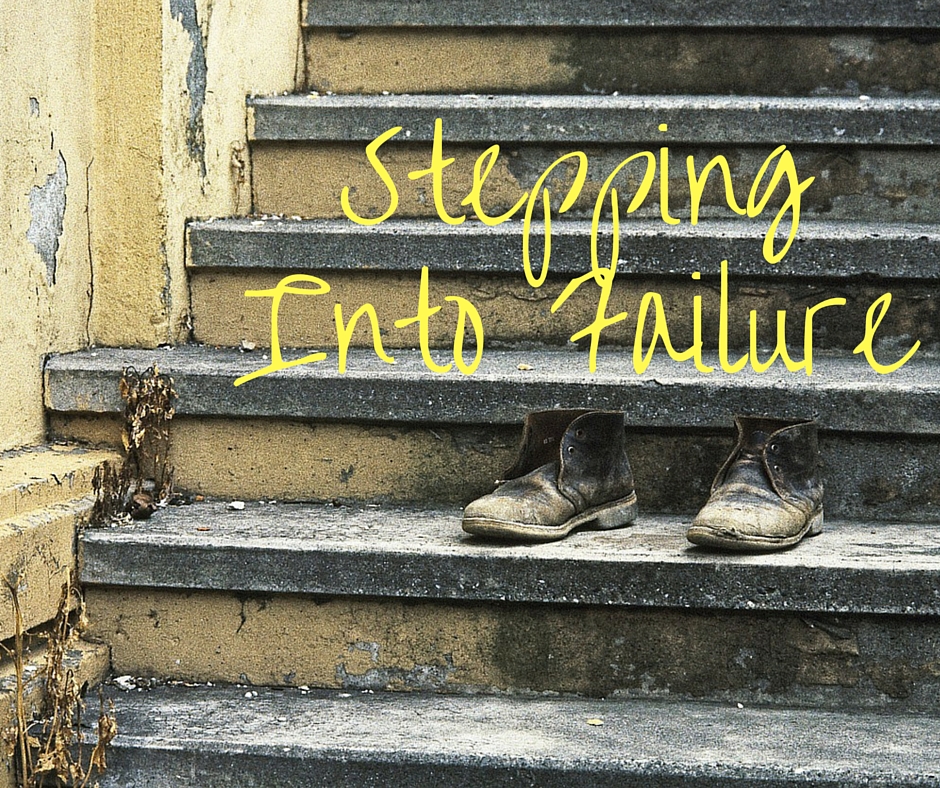By: Jared Pogue, MEd, LAPC
Helping someone who is struggling with a nagging sense of failure can be difficult. Failure wants to quickly scribe an identity on to a person without giving them more than a second glance. And in order to truly help someone, it takes more than a simple thirty second conversation.
Remember this first before jumping in to serve: People’s reactions to failures reveal much about them. Most people don’t breakdown and cry unless they are facing something that is too big for them to handle. Observe everything you can before approaching their struggles. Verbally recognize their pain and in humility ask if they’d be willing to share it with you. Always think of this as a blessing, that someone is willing to trust you enough to share their burdens with you.
After hearing their story, allow yourself to be affected by what you’ve heard. And while the raw hurt and pain can be difficult to take in, keeping someone who is deeply experiencing failure under control is still a high priority. Do this by interacting with them quietly, keeping a calming cadence to your voice, and reassuring them that they are in a safe place.
Don’t offer stale, generic answers that don’t get to the root of the problem; throwing scripture at them wildly may be even less effective than saying nothing at all. Instead, focus your energy on making sure that person is heard in their entirety. Failure has been holding them hostage and all they need in this moment is to know that they are heard. So instead of providing answers, allow yourself to experience their situation and ask questions that probe deeper.
Say things like:
“This situation sounds terrible. I’m so sorry that this is happening to you. What have you tried in the past to solve this?” or,
“I cannot imagine what that must be like…. but I am curious, what has given you the hope to make it this far?”
Listen to what they have to say. They may have already told others about their concerns and gotten pat answers that have left them wanting. Often people who struggle with feelings of failure feel like even greater failures when they ask people for help and are given vague, impersonal answers.
Don’t blindly tell someone that they are not a failure; you don’t know them well enough to say that with truth. Instead remind them that failure does have to have the last word in their lives and that there is help if they would like it. Connect them with your church’s next step for personal ministry (Stephen Ministry, Counseling Department, Etc.) and let that department know everything you know. Walk with them to the department, introduce them to the next person that will help them, and speak for them because it will likely be difficult for them to speak. See if this person and this department would like you to stick around to help with the intake process.
Finally find a way to make their interaction with you significant (not simply justfeel significant). Yes the Lord will work on their hearts, but knowing that they are cared about is worth something too. Don’t leave it at “let me pray for you”. Get their telephone number, email, etc. and offer them a very tangible plan. For example: “I’d like to hear how this goes, would you mind if I called you Friday at 3pm?” or “I’d like to commit to praying about this consistently over the course of the week. Would you mind if I shot you a text every time I thought about you?”
Let their struggle with failure become your struggle to love. Pray on their behalf with and without them. Allow a relationship, perhaps even a friendship, to blossom where you can. Real help doesn’t occur just in the counseling office; it occurs when people care for one another.

